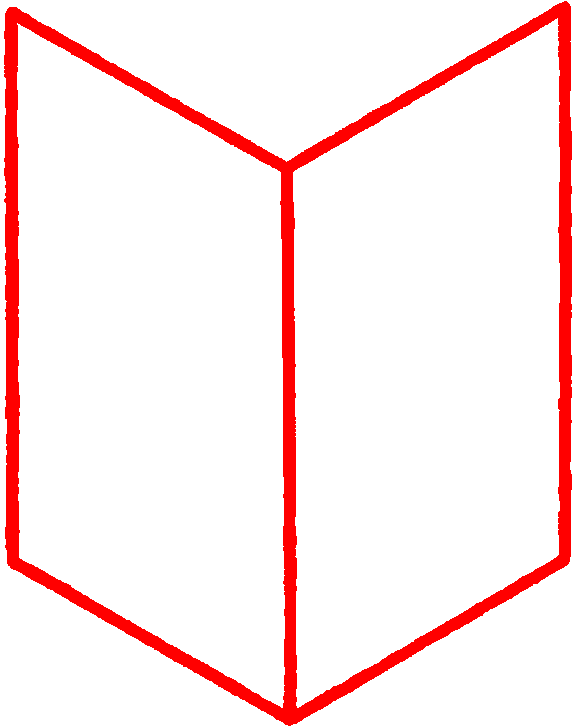“As novels change their form and melt into memoir, so these forms also merge with what we are still calling the personal essay, so that novel, memoir, essay, and even news reports begin to sound like each other, most often governed by the ‘I.’”
The New York Review of Books gave us this sentence back in April 2015, and even now I’m turning it over. It’s followed by this one: “What explains this selfie-enhanced urge to testimony, and for privileging subjectivity over authority?” The question comes near the end of Diane Johnson’s review of Outline, a recent and much-praised autobiographical novel by Rachel Cusk. Johnson never attempts an answer, and I won’t either. I’d rather try coming at things from the opposite direction: What explains the ever-broadening reader appeal of this testimonial voice? And what does this tell us about the state of contemporary fiction?
The New York Review of Books gave us this sentence back in April 2015, and even now I’m turning it over. It’s followed by this one: “What explains this selfie-enhanced urge to testimony, and for privileging subjectivity over authority?” The question comes near the end of Diane Johnson’s review of Outline, a recent and much-praised autobiographical novel by Rachel Cusk. Johnson never attempts an answer, and I won’t either. I’d rather try coming at things from the opposite direction: What explains the ever-broadening reader appeal of this testimonial voice? And what does this tell us about the state of contemporary fiction?

